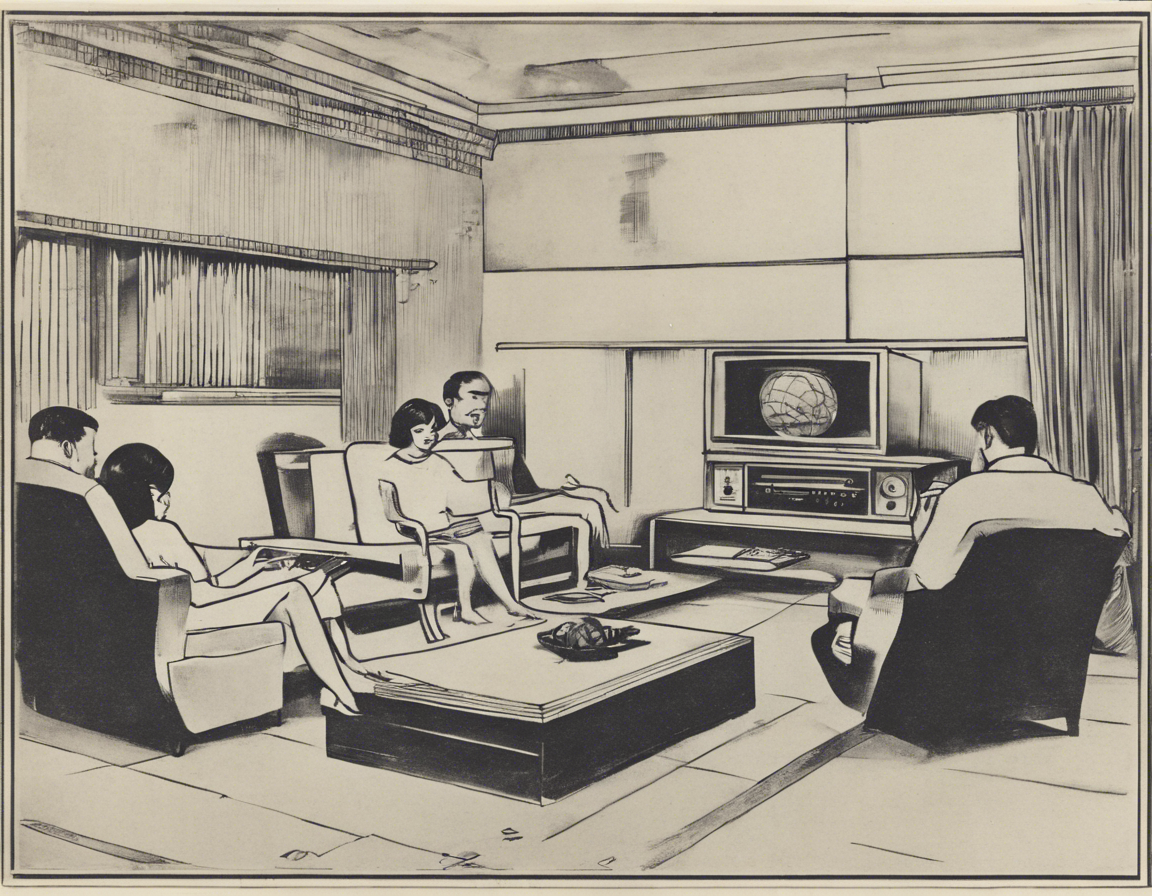Digital Video Recorder (DVR) is a powerful and versatile device that has revolutionized the way we consume media content. Whether you’re looking to record your favorite TV shows, pause live television, or skip commercials, a DVR is an essential tool in the modern entertainment arsenal. In this article, we will delve into the world of DVRs, exploring their features, benefits, and how they have become a staple in millions of households around the world.
What Does DVR Stand For?
DVR stands for Digital Video Recorder. It is an electronic device that records video in a digital format to a hard disk drive, USB flash drive, SD memory card, SSD, or other local or networked mass storage device. This allows users to watch their favorite TV shows on their own schedule, skip commercials, and pause live television.
Evolution of DVRs
The concept of DVRs can be traced back to the late 1990s when they were first introduced to the consumer market. They have come a long way since then, evolving from bulky set-top boxes to sleek, feature-rich devices that offer a wide range of functionalities.
Features of DVRs
1. Recording Capabilities
- DVRs allow users to record their favorite TV shows and movies for later viewing.
- Users can schedule recordings in advance, ensuring they never miss an episode of their favorite series.
2. Time-Shifting
- One of the key features of DVRs is the ability to pause, rewind, and fast-forward live television.
- Users can pause a live program to answer a phone call or grab a snack, then resume watching right where they left off.
3. Storage Capacity
- DVRs come with varying storage capacities, allowing users to store hours of recorded content.
- Some DVRs also support external storage devices, giving users the flexibility to expand their storage space.
4. Streaming Services
- Many modern DVRs come equipped with streaming capabilities, allowing users to access popular streaming services like Netflix, Hulu, and Amazon Prime Video.
- This integration provides users with a one-stop entertainment solution, combining live TV, recorded content, and streaming services in a single device.
5. Multiple Tuners
- DVRs with multiple tuners allow users to record multiple programs simultaneously while watching live TV.
- This feature is especially useful for households with multiple viewers and conflicting TV preferences.
Benefits of Using a DVR
1. Convenience
- DVRs offer unparalleled convenience, allowing users to watch their favorite shows on their own schedule.
- Users no longer have to rush home to catch a live broadcast or worry about missing an episode due to scheduling conflicts.
2. Commercial Skip
- DVRs give users the ability to skip commercials with ease, saving time and providing a seamless viewing experience.
- Users can fast-forward through commercials or use features like ad-skipping technology to automatically skip ads.
3. Time-Shifting
- The time-shifting capabilities of DVRs enable users to pause, rewind, and fast-forward live television, giving them full control over their viewing experience.
- Users can pause a live program to take a break or rewind to catch a moment they missed.
4. Enhanced Viewing Experience
- DVRs offer an enhanced viewing experience by providing crisp, high-definition video and audio quality.
- Users can enjoy their favorite shows and movies in stunning clarity and detail.
FAQs about DVRs
1. Can I record multiple shows at once with a DVR?
- Yes, many DVRs come equipped with multiple tuners, allowing users to record multiple programs simultaneously.
2. Do DVRs require a subscription service?
- Some DVRs require a subscription service for full functionality, while others offer basic recording features without a subscription.
3. Can I transfer recordings from my DVR to another device?
- It depends on the DVR model and manufacturer. Some DVRs allow users to transfer recordings to external storage devices, while others have restrictions on transferring content.
4. Can I access my DVR recordings from different devices?
- Some DVRs offer remote access capabilities, allowing users to watch their recordings on different devices like smartphones, tablets, and computers.
5. Are DVRs compatible with streaming services?
- Many modern DVRs are compatible with popular streaming services like Netflix, Hulu, and Amazon Prime Video, offering users a comprehensive entertainment solution.
The rise of digital streaming services has changed the way we consume media, but DVRs remain a valuable tool for those who prefer traditional television viewing. With their recording capabilities, time-shifting features, and streaming integrations, DVRs continue to offer a versatile and user-friendly entertainment solution for households around the world.
